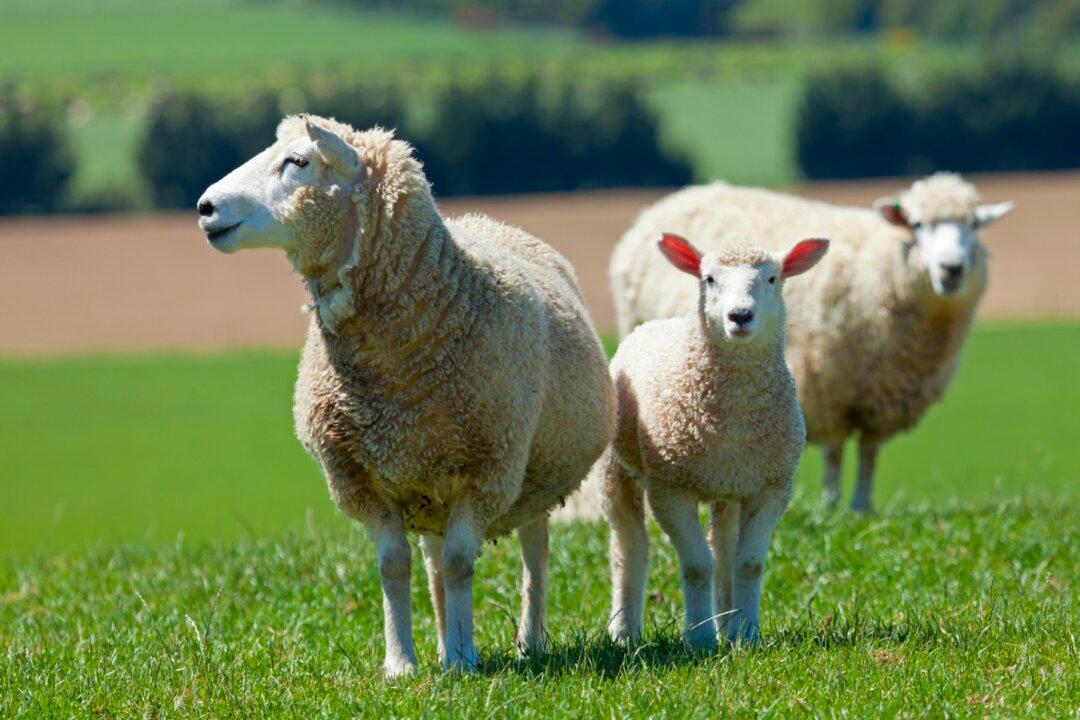Emperor Guangwu Di (光武帝) (6 B.C.–A.D. 57), the first emperor of the Eastern Han Dynasty, established an advanced institute for the teachings of Confucianism. The institute’s principal teachers were called “boshi” (博士).
Among these teachers was Zhen Yu (甄宇), a pure-hearted, honest, and humble scholar who had few desires and often modestly declined personal benefits.
At the end of every year, the emperor would issue an order to award a sheep to each boshi.
The official in charge of distributing the sheep often had difficulty knowing how to go about this, as sheep varied greatly in size—some were big, some were small, some were fat, and some were thin.
One year, the official suggested either to slaughter the sheep and divide the meat evenly, or to draw lots on the sheep.
Hearing his words, Zhen Yu stepped forward and asked for the smallest and thinnest lamb. All the other teachers felt ashamed upon seeing this. From then on, there were no more arguments about how to divide the sheep.
Emperor Guangwu Di heard about this and was very impressed by Zhen Yu’s conduct. One day, he inquired specifically about Zhen Yu at the royal court. “Where is that thin-lamb boshi?” the emperor asked.
From then on, Zhen Yu had the nickname “thin-lamb boshi” (瘦羊博士, pronounced shòu yáng bó shì) and was highly praised among government officials and citizens alike. Due to his great virtue and talent, he was quickly promoted and soon became the teacher to the princes.
Later generations used the phrase “thin-lamb boshi” to praise those who take matters lightly when it comes to vested interest and individual gain and are able to exercise self-restraint while saving the best for others.
Another Chinese idiom that conveys the same meaning is 克己讓人 (kè jǐ ràng rén)—to restrain oneself and to defer or yield to others or give way to others with courtesy and respect.
Adapted from Clearwisdom.net




